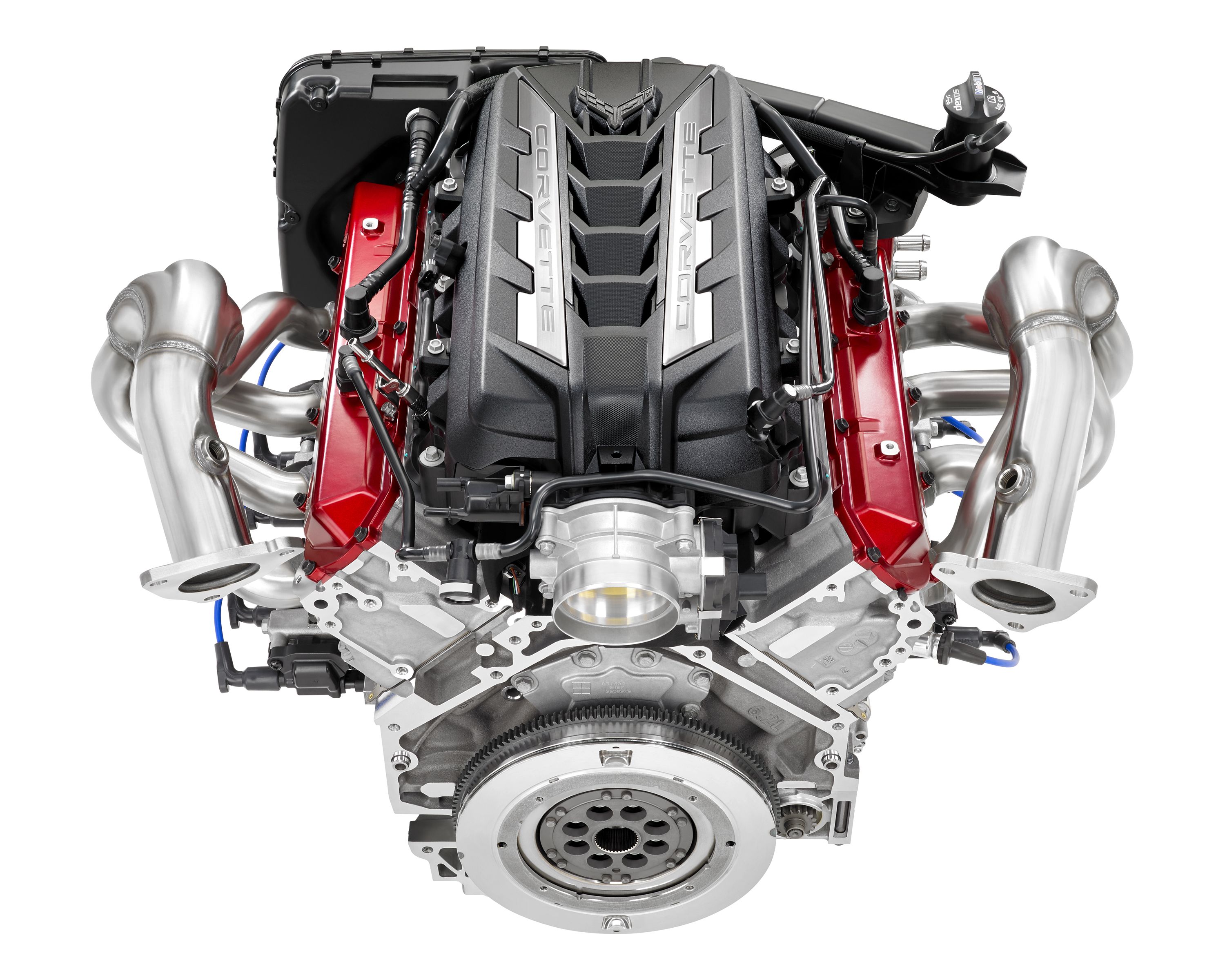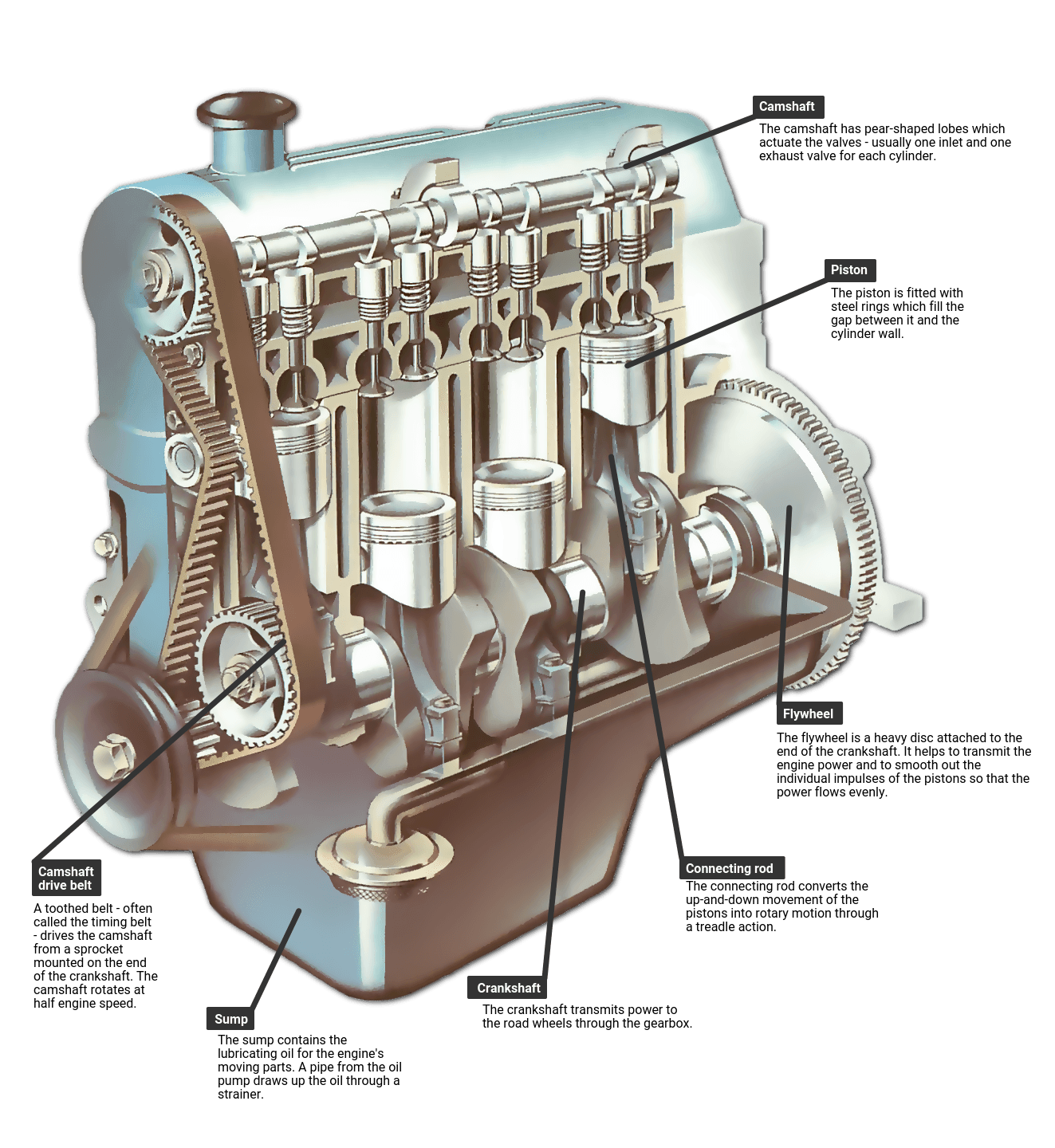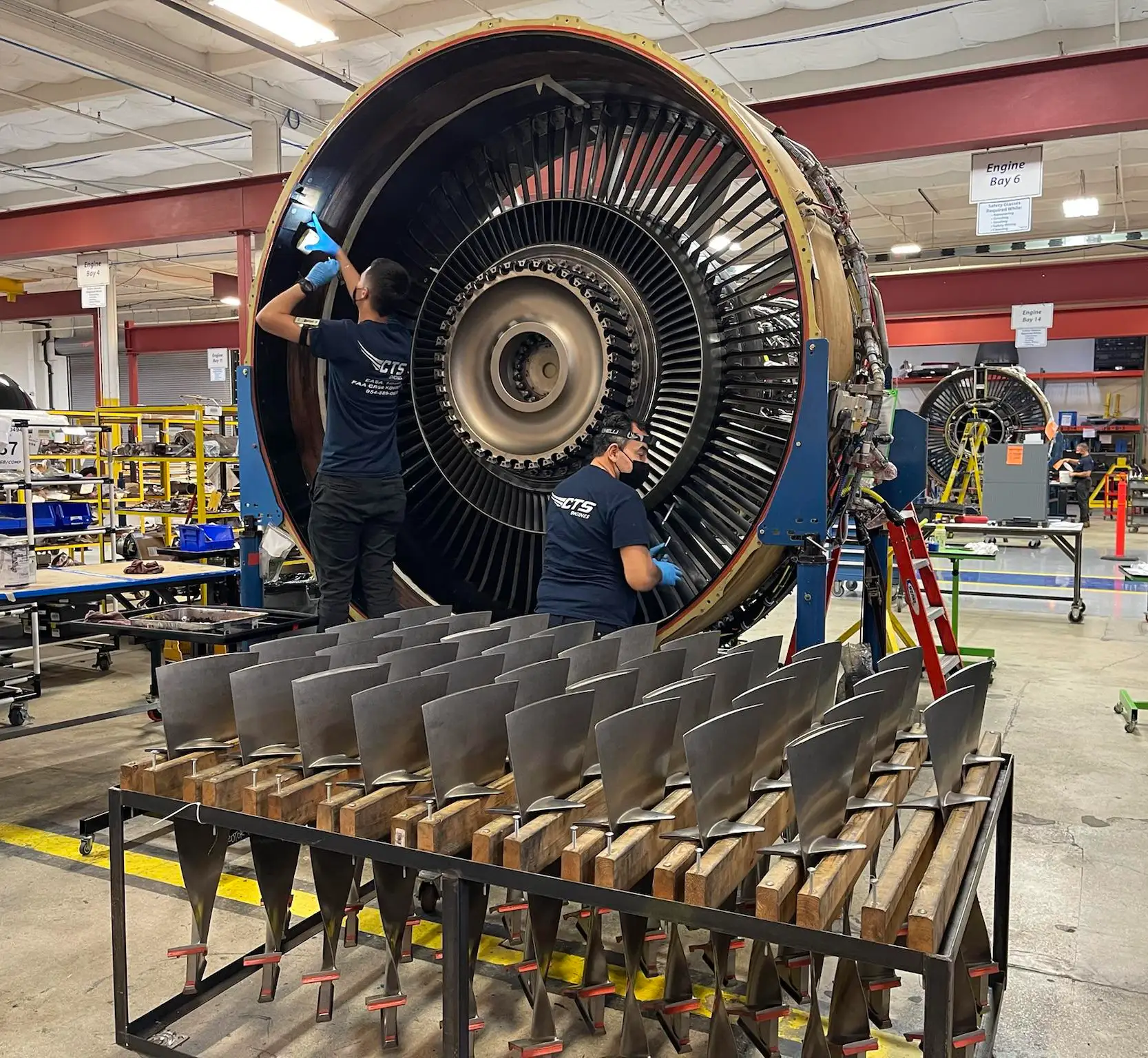Check Out a Large Range of Engines for every single Lorry and Objective
The auto landscape is progressively complicated, with a diverse array of engine kinds developed to satisfy particular efficiency and effectiveness requirements throughout different car groups. Furthermore, durable engines serve the demands of work lorries, while eco-friendly choices are getting grip in the quest of lasting transport.
Kinds Of Automotive Engines
Automotive engines can be classified into a number of distinct kinds, each developed to fulfill specific performance and performance demands. One of the most common categories include internal combustion engines, electrical engines, and hybrid systems.

Electric engines, on the other hand, run on electric power saved in batteries, offering instantaneous torque and zero discharges. These engines are ending up being progressively preferred due to innovations in battery innovation and the growing emphasis on sustainability.
Crossbreed systems incorporate both interior burning and electric engines, allowing lorries to optimize gas effectiveness and lower emissions by effortlessly changing between power sources. Each engine kind offers its benefits and drawbacks, affecting elements such as lorry layout, intended use, and market need. When selecting the suitable engine for their particular demands., comprehending these distinctions is critical for manufacturers and consumers alike.
Performance Engines for Sports Cars
Performance engines for sports autos are especially crafted to supply boosted rate, dexterity, and power, setting them apart from basic automotive engines. These engines often make use of advanced technologies such as turbocharging, turbo charging, and variable shutoff timing to optimize effectiveness and responsiveness.
Usually, performance engines are made with higher compression proportions, which permit for higher power extraction from gas. This leads to outstanding horsepower and torque figures, allowing rapid velocity and higher full throttle. In addition, the light-weight materials utilized in these engines, such as light weight aluminum and carbon fiber, add to reduced total car weight, enhancing handling and maneuverability.
Engine configurations like V6, V8, and even hybrid systems prevail in performance sporting activities automobiles, each offering unique benefits in terms of power distribution and driving dynamics. The tuning of these engines is likewise important; lots of suppliers optimize the engine monitoring systems to provide an exciting driving experience, frequently including sport modes that readjust throttle feedback and equipment changes.
Reliable Engines for Daily Commuters
In the realm of everyday commuting, effective engines play a vital function in maximizing gas economic situation and minimizing emissions while giving trustworthy performance. As city populaces grow and environmental concerns increase, the demand for cars equipped with reliable powertrains has actually risen.
Modern engines designed for day-to-day travelers typically integrate innovations such as turbocharging, direct fuel injection, and crossbreed systems. Turbocharging boosts engine performance by forcing more air into the combustion chamber, permitting smaller, lighter engines that do not compromise power result. Direct fuel shot boosts gas atomization, bring about far better combustion and boosted effectiveness.
Hybrid engines, combining inner burning with electrical power, more augment fuel economic climate, particularly in stop-and-go web traffic, where standard engines can struggle with inefficiencies. Electric motors help during velocity and can run individually at low rates, minimizing overall fuel intake.
Furthermore, developments in engine administration systems and lightweight products add considerably to reliable engine layout. By concentrating on performance, toughness, and environmental sustainability, makers remain to supply engines that not just meet the needs of everyday travelling however also redirected here align with worldwide initiatives to lower carbon footprints.
Heavy-Duty Engines for Job Cars
Durable engines for work cars are regularly engineered to provide exceptional torque and reliability under demanding problems. These engines are developed to do in environments where traditional engines may falter, such as construction websites, logging procedures, and farming settings. The key focus of sturdy engines is their capability to create high degrees of power while keeping resilience over expanded durations of procedure.
Usually, durable engines use innovative materials and robust building strategies to withstand the rigors of hefty work. Features such as reinforced cyndrical tube blocks, boosted cooling systems, and progressed gas injection technologies add to their effectiveness. These engines typically operate at reduced RPMs, which helps to enhance gas efficiency while providing the necessary power for pulling and carrying.
Along with mechanical effectiveness, durable engines are commonly outfitted with advanced electronic control units (ECUs) that take care of performance, discharges, and diagnostics. This combination enables for far better surveillance and upkeep, guaranteeing that job vehicles remain functional and effective.
Inevitably, durable engines are a necessary part in the efficiency of different industries, offering the necessary power and reliability to deal with the hardest of tasks.
Eco-Friendly Engine Options
The expanding focus on sustainability has caused the advancement of green engine alternatives that focus on reduced exhausts and boosted gas performance. These engines are designed to decrease the environmental impact of cars while still delivering the performance and reliability expected by customers.
Amongst one of the most significant environment-friendly options are electrical and hybrid engines. Hybrid engines combine conventional internal combustion engines with electrical propulsion, allowing for decreased fuel consumption and lower greenhouse gas exhausts. Electric engines, on the other hand, operate completely on battery power, creating absolutely no tailpipe exhausts and contributing to cleaner air quality.
One more promising development is the improvement of biofuel engines, which use renewable energies, such as plant products, to power automobiles (Engines For Africa). By utilizing biofuels, these engines can minimize reliance on nonrenewable fuel sources and reduced general carbon impacts

As the vehicle market develops, environmentally friendly engine alternatives will play an essential duty in driving the shift in the direction of even more lasting transportation options.
Verdict
From high-performance engines that enhance sports automobile capacities to reliable versions find out focusing on fuel economic climate for a knockout post everyday travelers, each kind offers a certain feature. Sturdy engines provide to durable job lorries, while eco-friendly options, such as electric and biofuel engines, promote lasting transport.
